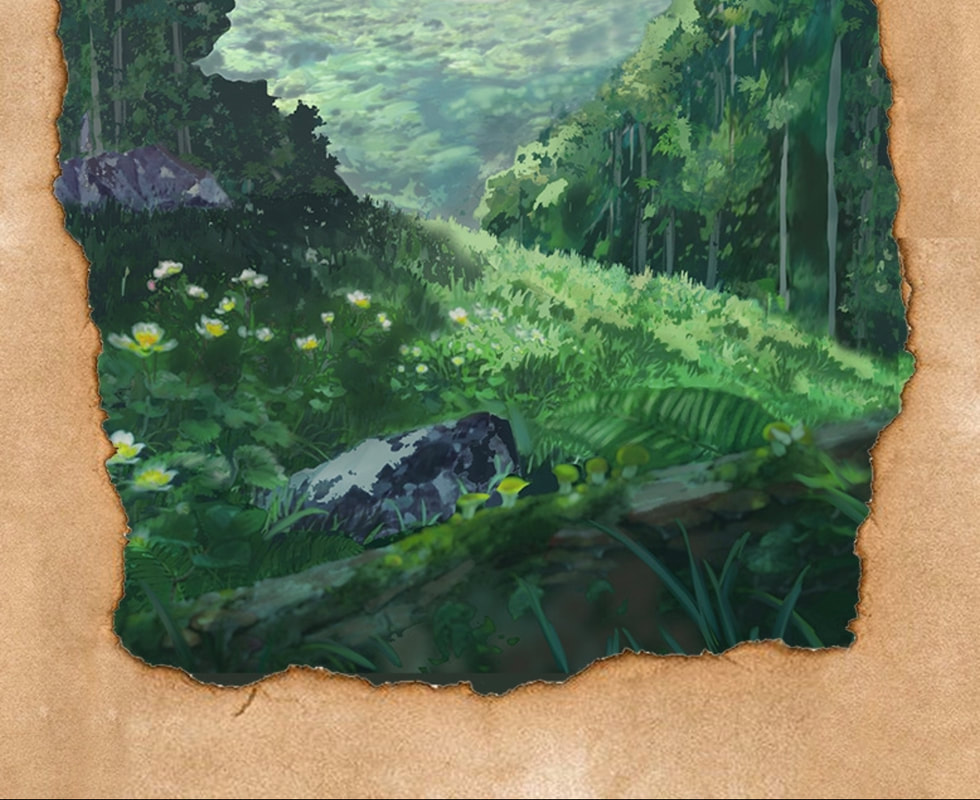Without giving too much of the plot away, I want to reflect on a key theme in the Oaql Seed:--
the loss of the ability to speak.
You may have considered this at some point in your life:
A vow of silence about a particular subject, like a secret?
Maybe for a silent-meditation retreat?
And what if you lost your ability to speak due to a medical emergency like a stroke?
How would you adapt?
In this case, I’m specifically reflecting on expressive aphasia—a condition where comprehension and therefore intellectual capacity may be entirely intact in a person, but their faculty for speech is inhibited or even completely dismantled. For some, the situation is temporary, and they have the good fortune to be able to retrain their capacity for speech, but for others, this can be a lifelong change—a “new normal” so to speak.
A loved one, who is still a central figure in my family's life, has aphasia. His circumstances inspired one of the major plot elements in the Oaql Seed, as well as the plot device of telepathy, that you almost immediately learn is central to the Treeboat Series.
The idea is that the citizens of the cityforts are descendants of people who relied entirely on technology for communication and connection. They ignore, or even suppress, anything that would seem abnormal, like telepathy.
In contrast, the scattered peoples of the outlands do not have systems of government or social protocols that encourage suppression of abilities that seem abnormal. Therefore there are many people who have a propensity for telepathy. Many are a part of unbroken lineages of indigenous tribes that have long supported such abilities. Others go seeking indigenous wisdom and find that the abnormal, or the supernatural, are simply parts of nature they are unacquainted with.
“I see what you mean,” is such an important phrase, and furthermore, sentiment, in our language and culture. What would it be like to actually SEE what someone else means? We try to do this through creative expression—whether we paint a picture (which also used as a colloquial phrase), write music, or a novel, or take part in a collaborative effort like shooting a movie—we do try to share our internal life and vision with others.
Diaphragm oscillations and throat movements that then lead to mouth noises that vibrate the air and make it to the tympanic membrane of another individual to convey a message, is a miraculous process in itself. Or take as an example, sonar emitted by dolphins—where a dolphin in the sonar’s path can literally image, or see, what the emitting dolphin is seeing in the sonar rebound.
Will we, members of the human species, be able to truly see what the other means someday? Will we be able to experience the totality of each other’s mental and emotional state in a blip? Would we even want to? Wouldn’t this help us doubt one another less? Or would this completely dissolve the boundaries of what makes each human life unique and distinctly its own?
I will be addressing these questions in Book 2 and 3.
Haven’t we all, at some point, had something happen that cannot be explained by our current understanding of the mind? For example, the morning I found out that my aunt passed away in a shocking and completely unexpected way, I had dreamt about her vividly that very night. The narrative and imagery of the dream was so intense that I awoke from the dream with racing thoughts and an elevated heart rate.
So ...
These are some of the ruminations and concepts that brought telepathy, or “tel-empathy” as Joshi (a character in my story) explains, to such a central role in the Oaql Seed.
I thought I’d share these reflections as I return to editing Ica’s Tale, a side story I’ve completed about Iloy’s cousin who lives in the cityfort Citadelia. This is a much shorter installment (~60,000 words) in the Treeboat Series, written in the first-person perspective of Ica herself. Though still unreleased, the cover art for this novel has already been made by a graphic artist named Tim, who can be found @big_tim_art on Instagram. I’ve attached a preview of his work above and linked his page to it.
Let me know your thoughts on this and about any experiences you’ve had that relate, I’ve got two more big tales to write in the series, and these kinds of conversations will only help!
With love,
Z.A. Ispharazi

 RSS Feed
RSS Feed
